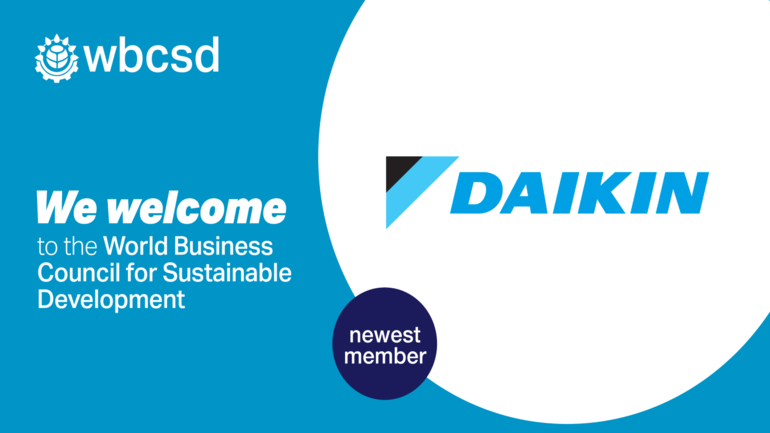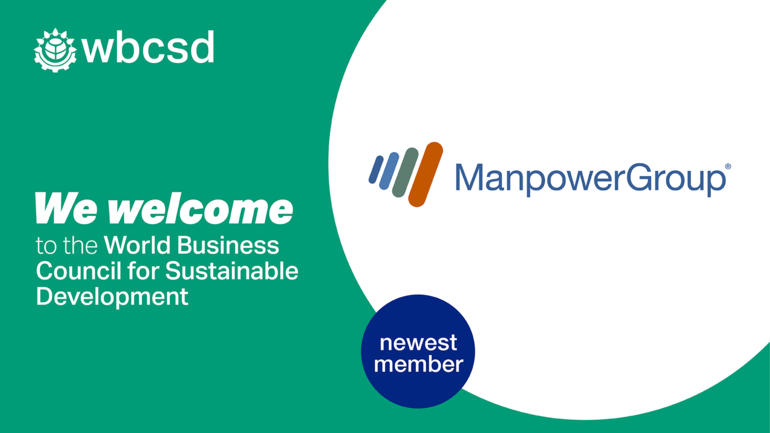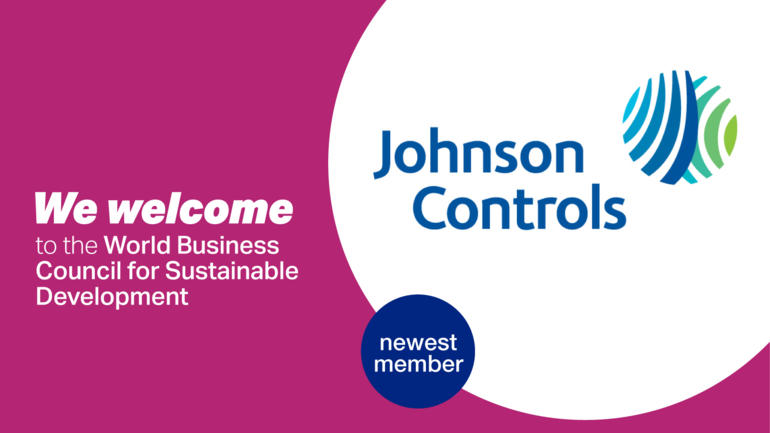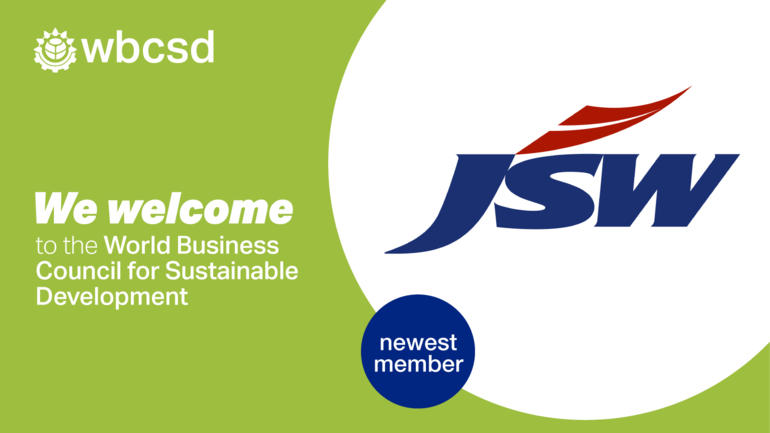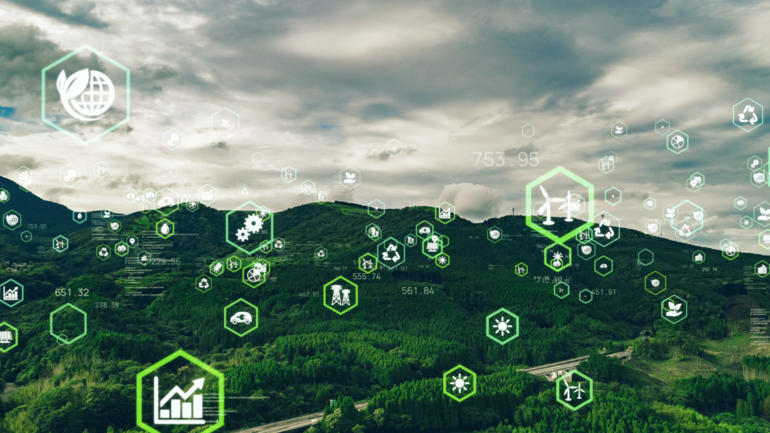Geneva, 31 August – Swire Pacific Limited, a Hong Kong-based international conglomerate with a leading business portfolio focused on property, aviation and beverages, has today joined nearly 200 forward-thinking companies as the newest member of the World Business Council for Sustainable Development (WBCSD).
Swire has a long history in Greater China, having been in business for over 150 years.
In 2016 Swire introduced SwireTHRIVE, a group-wide sustainability strategy. Initially focussed on environmental issues, SwireTHRIVE was extended in 2020 to cover its commitment to people and communities. SwireTHRIVE aims to mitigate operational risk and build long-term resilience by driving improved standards, efficiency and increased innovation in five key areas: climate, waste, water, people and communities.
Swire Pacific also commits the group to a Sustainable Development Policy and maintains an environmental, social and governance (ESG) policy framework that supports the five pillars of SwireTHRIVE.
Chairman of Swire Pacific, Guy Bradley said “Sustainability is at the heart of Swire Pacific’s long term approach to business and our commitment to further integrate social, economic and environmental principles within our decision making remains paramount. We have always seen merit in working, at a global level, with others that share our values in this all-important area. Being a member of WBCSD will enable us to learn from others, impart our expertise and, significantly, support our businesses in achieving their sustainability goals.
WBCSD President and CEO Peter Bakker said “WBCSD is dedicated to achieving the sustainable transformation of our current systems. This will only be achieved in collaboration with global industry leaders such as Swire Pacific.” He added: “Asia is seeing more and more opportunities linked to sustainability, and getting a leading Asian company like Swire Pacific on board is critically important if we want to make real and tangible progress on tackling the climate emergency, loss of nature and mounting inequality. Only collaboration at unprecedented levels will create the impact and scale of transformations that are required for more than 9 billion people to live well, within planetary boundaries, by mid-century– as laid out in Vision 2050.”



